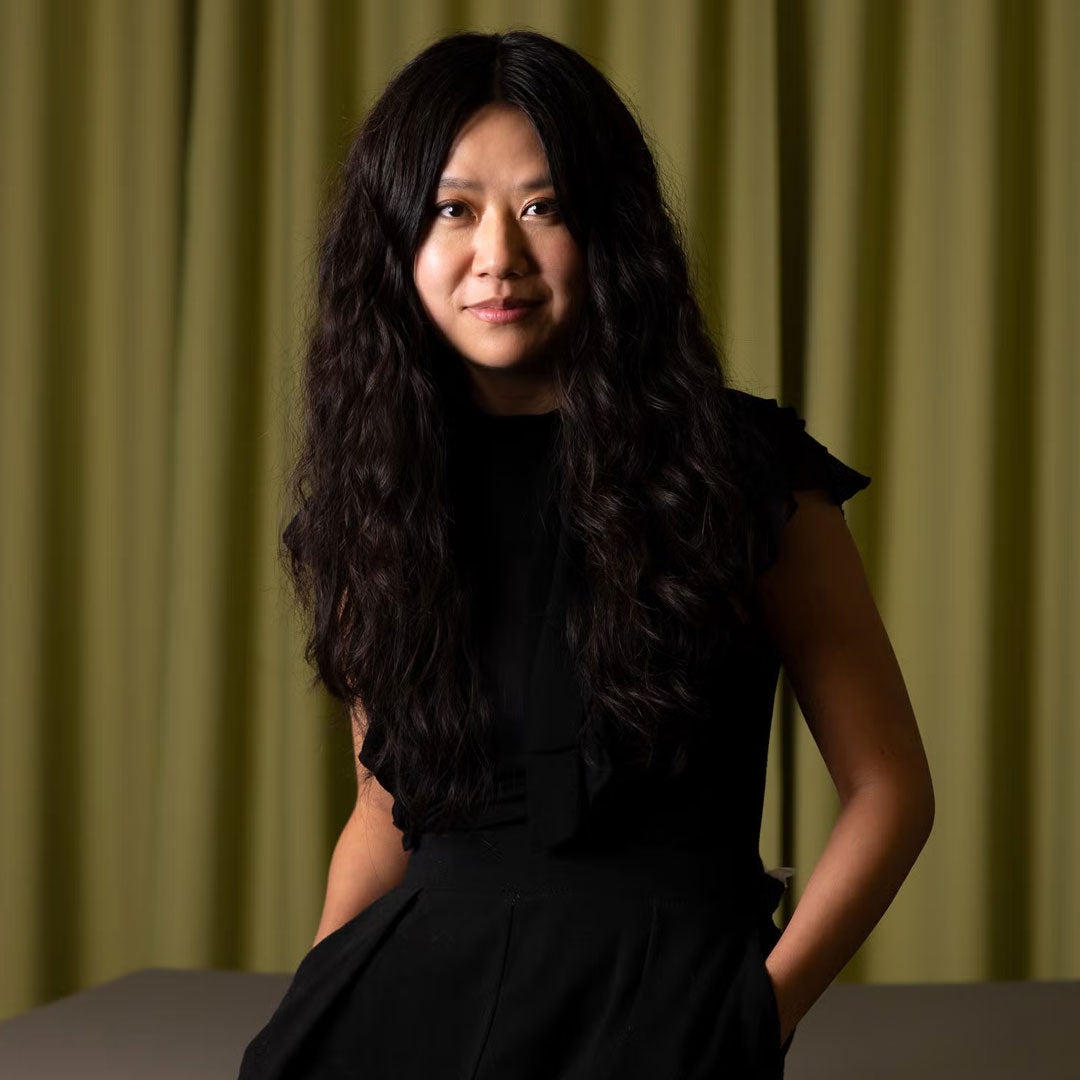
Uncovering the invisible side of tech
Waterloo researchers are decoding new technologies by asking why they were made and who they are made (or not made) for

Waterloo researchers are decoding new technologies by asking why they were made and who they are made (or not made) for
By Darren Mc Almont University Relations
Dr. Lai-Tze Fan
Professor, Sociology and Legal Studies
> Canada Research Chair in Technology and Social Change
> U&AI Lab
Digital technologies play an integral role in our everyday lives, and since the rapid growth shows no signs of slowing down, Dr. Lai-Tze Fan cautions about the many invisible aspects to the technologies we use.
These invisible components have negative social and environmental impacts, which is why Fan believes greater tech literacy is important for people to feel more confident with technology.
Initially driven to the tech space by a curiosity about the future of storytelling in a digital era, Fan’s teaching and research now focus on the social implications, benefits and risks of AI technologies.
Through interdisciplinary work in her one-of-a-kind U&AI Lab, which refers to “unseen-artificial intelligence”, she examines how AI reinforces systemic oppression and how inequity continues to be dangerously perpetuated through rapidly developing AI technologies.
With regulations unable to keep up with the race of technological advancements, Fan explains that the U&AI Lab aims to contribute novel, multidisciplinary approaches to disrupting inequitable AI at critical stages of design and production.
“I approach this work by asking questions of invisibility,” she says. “Why are these technologies made, for whom are they made, and for whom are they not made?”
Having experienced racialized discrimination and facial recognition bias with technology, Fan believes pairing technical questions with a non-technical, sociocultural standpoint helps us think about technology differently — and ultimately helps inform tech literacy.
“A lot of what we could and should know about technology is often invisible and not even necessarily in a malicious way,” she explains. “If you think about the way we talk about the internet, describing it as ‘the cloud’ makes it seem like it's immaterial when it is not because it requires real natural resources to function.”
Work in the U&AI Lab currently focuses on three areas. The first is gendered, racialized and classist representations of labour in AI; the second explores the racist history of facial recognition technologies, while the third investigates the environmental impact of AI hardware.
Fan’s work will help equip digital technology users with the knowledge of how these technologies originate and what their affordances and limitations are.

Read more
Upskilling health professionals on AI’s benefits improves efficiencies while maintaining the irreplaceable human connection in care settings

Read more
New funding accelerates the deployment of Cobionix’s medical robotics platform across North America and the UK

Read more
1Password’s global cybersecurity leadership protects more than 150,000 businesses and millions of consumers, enabling safe online experiences around the world
The University of Waterloo acknowledges that much of our work takes place on the traditional territory of the Neutral, Anishinaabeg, and Haudenosaunee peoples. Our main campus is situated on the Haldimand Tract, the land granted to the Six Nations that includes six miles on each side of the Grand River. Our active work toward reconciliation takes place across our campuses through research, learning, teaching, and community building, and is co-ordinated within the Office of Indigenous Relations.